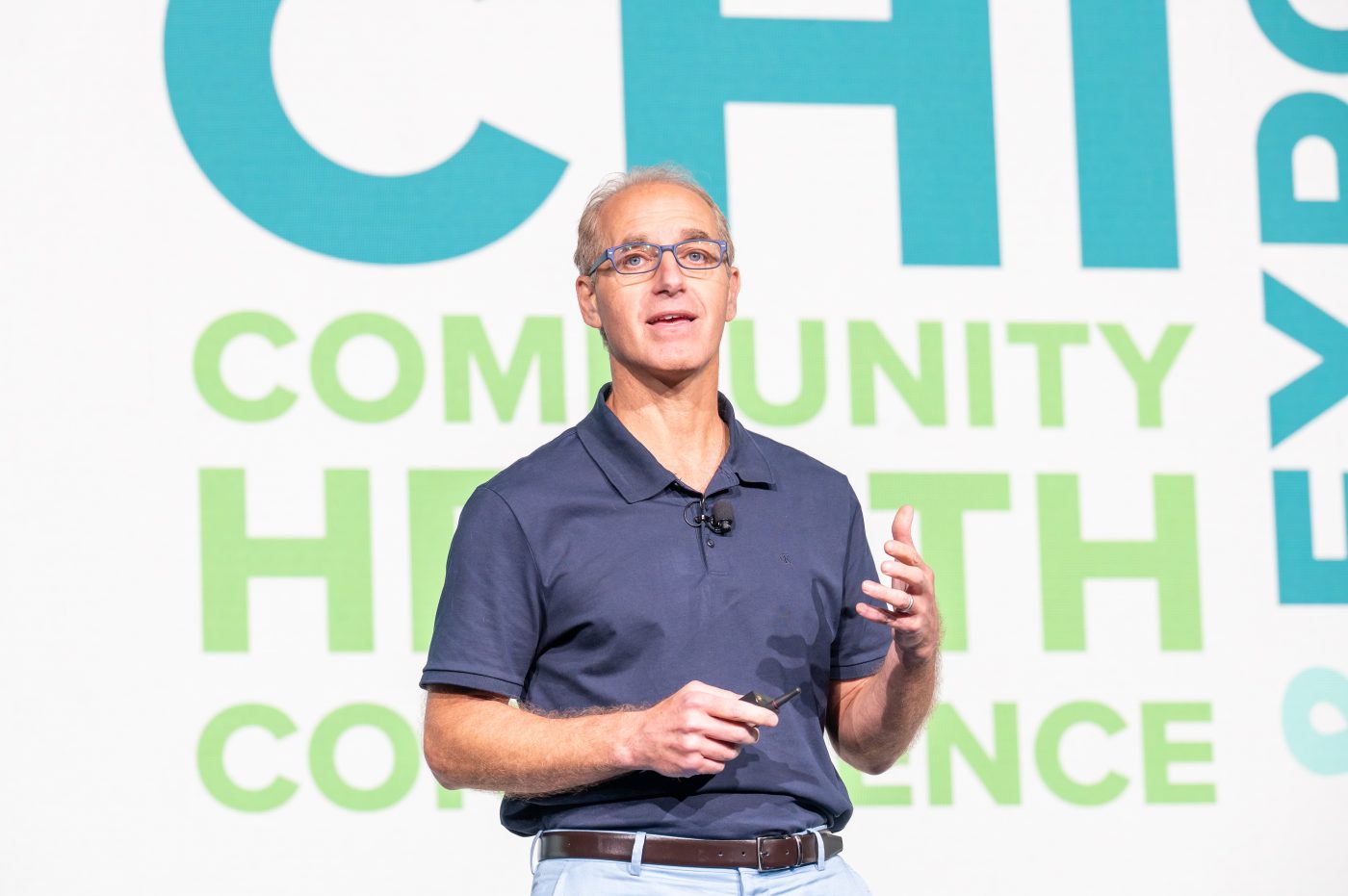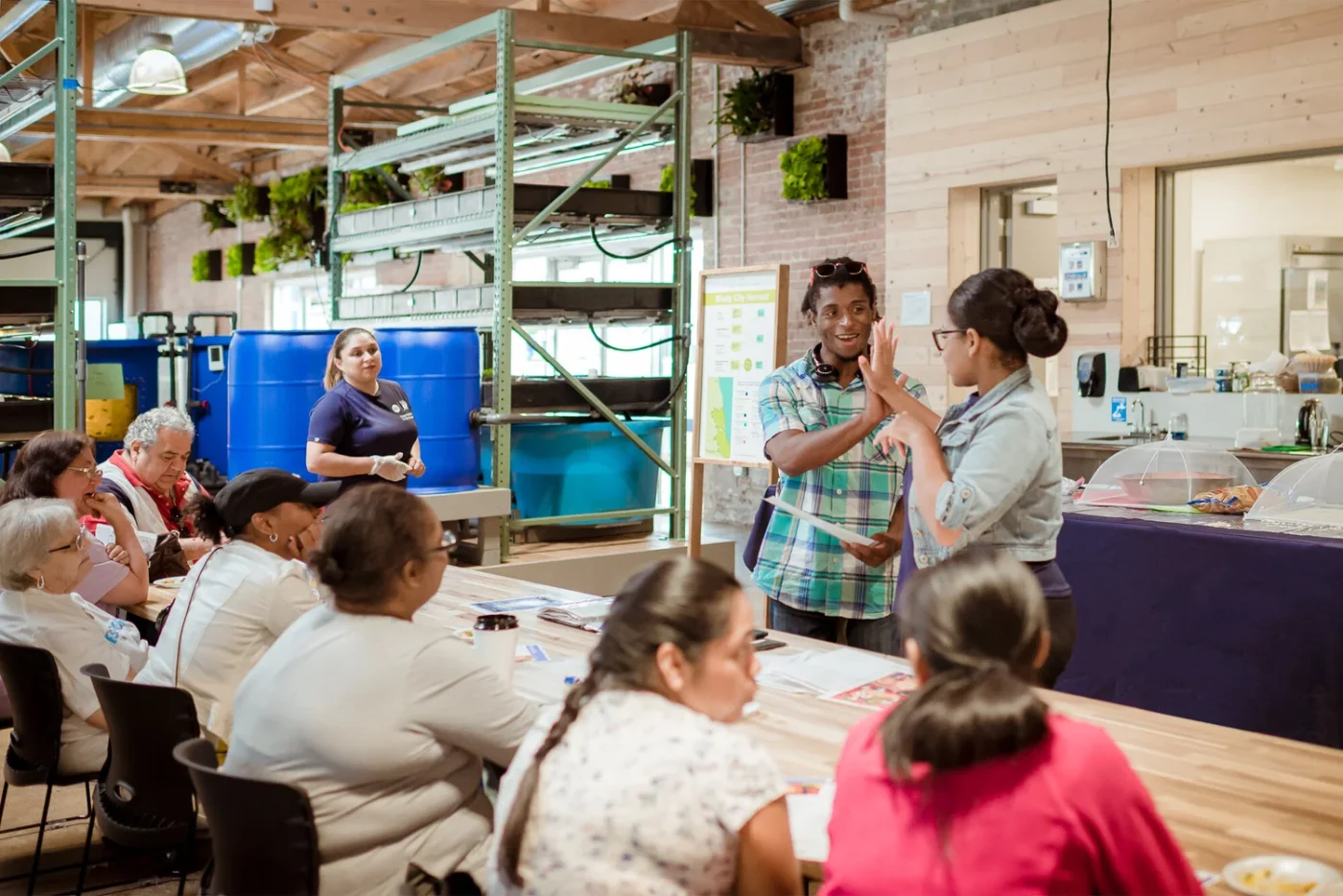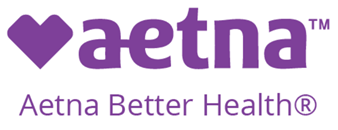Community Health Centers (CHCs) across the country are positioning themselves at the forefront of a transformative approach to health care—treating nutritious food as a vital therapeutic intervention. Innovative CHC programs are already demonstrating measurable improvements for patients living with diabetes, obesity, hypertension, cancer, and other chronic conditions.
“We see food and nutrition security as integral to the health screening process,” said Dr. Kyu Rhee, MD, MPP, President and CEO of the National Association of Community Health Centers (NACHC) at the 2025 CHI conference in Chicago. “We want this to be a vital sign for primary care.”
That vision reflects a growing shift among health care leaders.
“Health care providers are increasingly viewing food as therapy,” said Dariush Mozaffarian, DrPH, MD, MPH, Director of the Tufts Food is Medicine Institute, in his keynote address at the 2025 CHI conference.

Dr. Mozaffarian noted that medically tailored meals, produce prescriptions, and nutrition counseling have proven effective in managing chronic conditions—and can even support mental health when integrated into comprehensive care strategies.
Lawndale’s VeggieRx: From Farm to Prescription
On Chicago’s West Side, Lawndale Christian Health Center operates VeggieRx, a program connecting patients with diet-related illnesses to fresh produce, nutrition counseling, and cooking demonstrations. The program helps patients meet healthy eating goals while managing chronic conditions.

Launched in 2016 through a partnership with the Chicago Botanic Garden’s Windy City Harvest program and the University of Illinois–Chicago’s Chicago Partnership for Health Promotion, VeggieRx now operates from the 20,000-square-foot Farm on Ogden in a neighborhood once considered a food desert.
A Health Affairs study found that after 18 months, VeggieRx participants lost an average of 6.7 pounds—a 4.7 percent reduction—compared with control groups.
“Growing, sourcing, and distributing food is its own skillset,” said Andrew Koetz, Lawndale’s External Relations Director. “Partnerships are key. We couldn’t do this without the collaboration of funders, insurers, universities, and community groups.”
Nashville’s Heart of Nashville Project: Tackling Hypertension with Food and Community
In Nashville, the Matthew Walker Comprehensive Health Center (MWCHC) leads the Heart of Nashville Project, a coalition targeting uncontrolled hypertension in underserved neighborhoods. Funded by the Metro Nashville Public Health Department, the initiative created the city’s first Wellness Opportunity Zone—a model for addressing health inequities with culturally responsive care.
The Nashville Food Project prepares heart-healthy versions of familiar dishes, while Senior Ride Nashville ensures patients can reach clinics and food distribution sites. Belmont University provides neighborhood health data to track outcomes and guide interventions.
“The success of this program comes from the collaboration, the partnerships, and the people,” said Shatiqua B. Jamerson, MWCHC’s administration and programs coordinator. “Everyone in the room shows up to do the work.”
The program measures blood pressure control rates, meal deliveries, and partner engagement, creating a scalable framework for other communities seeking to blend health care, food access, and social support. MWCHC also hosts a Second Harvest–approved food bank for patients experiencing food insecurity, offering additional resources for families in need.
State Innovation and Federal Momentum
Michigan has become a leader in state policy innovation with its Medicaid “In Lieu of Services” policy, which reimburses produce prescriptions, medically tailored meals, and other nutrition interventions that improve health outcomes and reduce costs.
At the federal level, interest is growing. “There is a lot of enthusiasm in Washington, D.C., for Community Health Centers to be on the leading edge of Food Is Medicine,” Mozaffarian said, pointing to potential opportunities for expanded Medicaid waivers, CMS support, and sustainable reimbursement pathways.
Building a Sustainable Future
The National Association of Community Health Centers continues to advocate for stable funding, improved data collection, and stronger patient engagement strategies to help Food Is Medicine programs thrive nationwide.

Through partnerships with food providers, transportation services, academic researchers, and local nonprofits, CHCs are creating comprehensive care models that pair medical treatment with nutrition access, cooking literacy, and wraparound services.
Programs like Lawndale’s VeggieRx and MWCHC’s Heart of Nashville Project are proving that food can be both a prescription and a pathway to better health and well-being. With federal support and replicable models, CHCs are poised to expand these interventions—transforming health care delivery and improving outcomes for communities nationwide.





